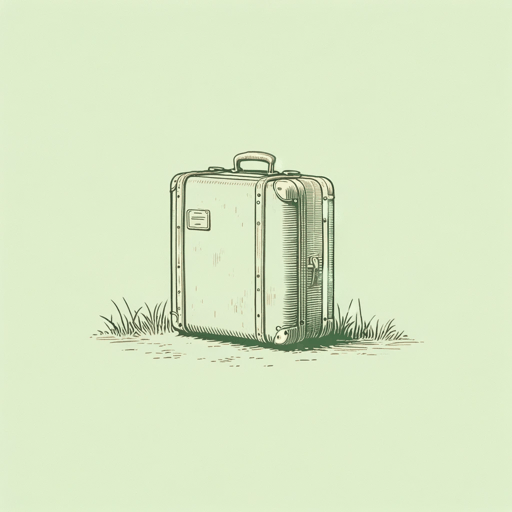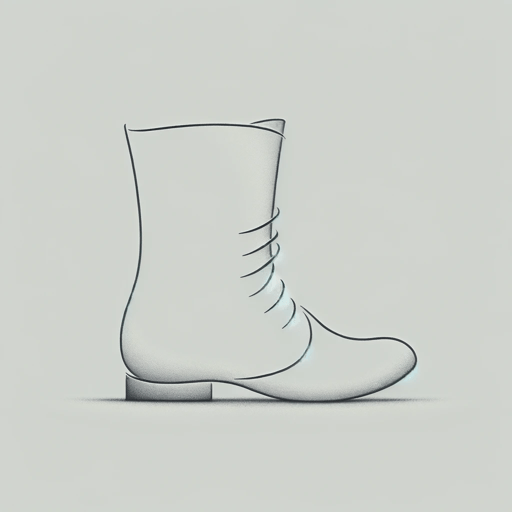36 pages • 1 hour read
Gary PaulsenThe Crossing
Fiction | Novel | YA | Published in 1987A modern alternative to SparkNotes and CliffsNotes, SuperSummary offers high-quality Study Guides with detailed chapter summaries and analysis of major themes, characters, and more.
Important Quotes
“He lived on the street, moving, always moving because he was fourteen and had red hair and large brown eyes with long lashes, and there was danger if he did not move–danger from the men who would take him and sell him to those who wanted to buy fourteen-year-old street boys with red hair and long eyelashes.”
(Chapter 1, Page 4)
Life is particularly dangerous for Manny because of his unique appearance. Using repetition and a long sentence structure, Paulsen shows that besides starvation and sickness, children on the streets of Juárez are in danger of being kidnapped and trafficked. Additionally, as Manny notes throughout the novel, no one is there to keep these children stay safe or to stop the traffickers.
“This day he would cross to the north to the United States and find work, become a man, make money, and wear a leather belt with a large buckle and a straw hat with a feathered headband.”
(Chapter 1, Page 4)
Manny equates crossing the border with success. In his mind, making it to the United States means a guaranteed job and the ability to afford these particular articles of clothing. Paulsen shows how Manny pictures successful Americans and the hope and success that America symbolizes to him.
“The man in the mirror showed only one scar, the one from the tiny bit of shrapnel in Vietnam that had cut white-sizzling across his left temple and missed ending him by less than a quarter inch. The reflection showed none of the true scars–the scars that covered other parts of his body and all of his mind and thoughts, the scars that were part of the drinking.”
(Chapter 2, Page 14)
Paulsen creates a parallel between the single scar the sergeant has on his skin and the many scars he has emotionally from being in battle. He subtly suggests that Robert suffers from PTSD and uses alcohol to numb its effects as much as possible. Paulsen’s descriptions of Robert provide the reader a general idea of the mental health issues from which he suffers, but Paulsen leaves many details vague, leaving it up to the reader to fill in the gaps wherever possible throughout the novel.
Related Titles
By Gary Paulsen

Brian's Hunt
Gary Paulsen

Brian's Return
Gary Paulsen

Brian's Winter
Gary Paulsen

Dogsong
Gary Paulsen

Guts: The True Stories Behind Hatchet and the Brian Books
Gary Paulsen

Harris and Me: A Summer Remembered
Gary Paulsen

Hatchet
Gary Paulsen

How Angel Peterson Got His Name
Gary Paulsen

Lawn Boy
Gary Paulsen

Masters of Disaster
Gary Paulsen

My Life in Dog Years
Gary Paulsen

Nightjohn
Gary Paulsen

Northwind
Gary Paulsen

Soldiers Heart: Being the Story of the Enlistment and Due Service of the Boy Charley Goddard in the First Minnesota Volunteers
Gary Paulsen

The Monument
Gary Paulsen

The River
Gary Paulsen

The Transall Saga
Gary Paulsen

The Voyage of the Frog
Gary Paulsen

The Winter Room
Gary Paulsen
Tracker
Gary Paulsen
Featured Collections
Action & Adventure
View Collection
Fear
View Collection
Good & Evil
View Collection
Hate & Anger
View Collection
Immigrants & Refugees
View Collection
Pride & Shame
View Collection
Safety & Danger
View Collection
Sexual Harassment & Violence
View Collection
Trust & Doubt
View Collection

